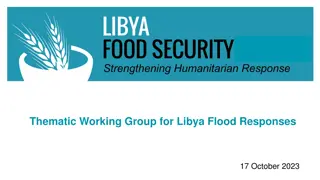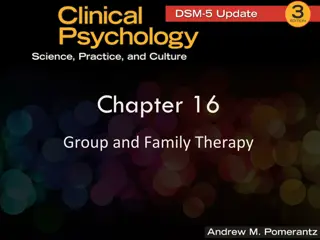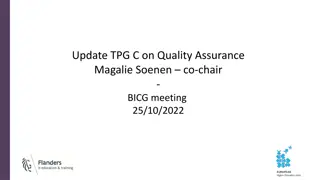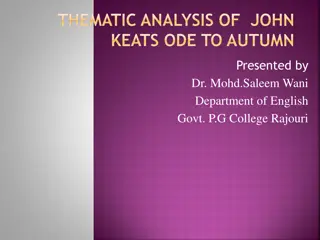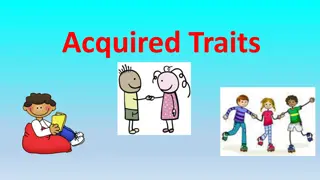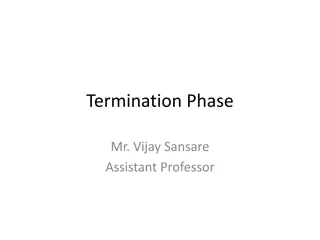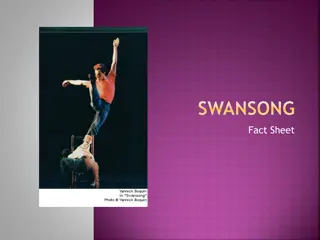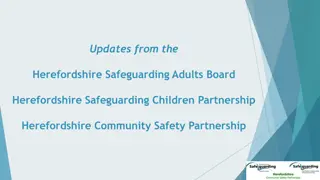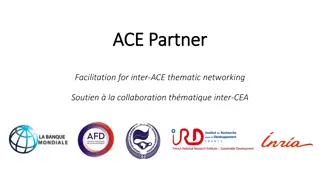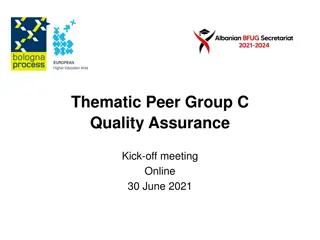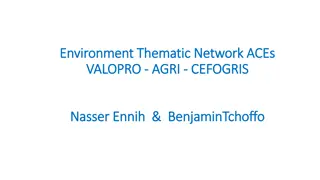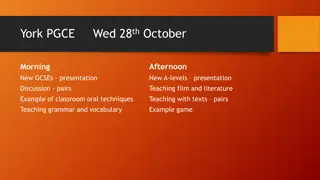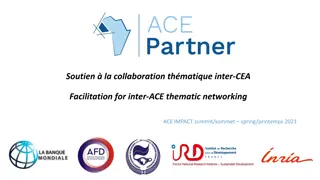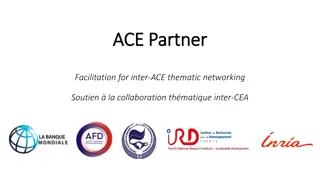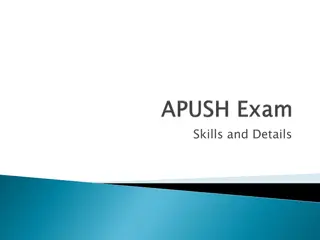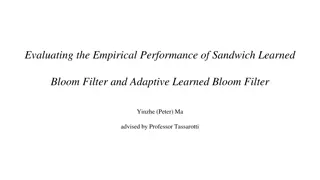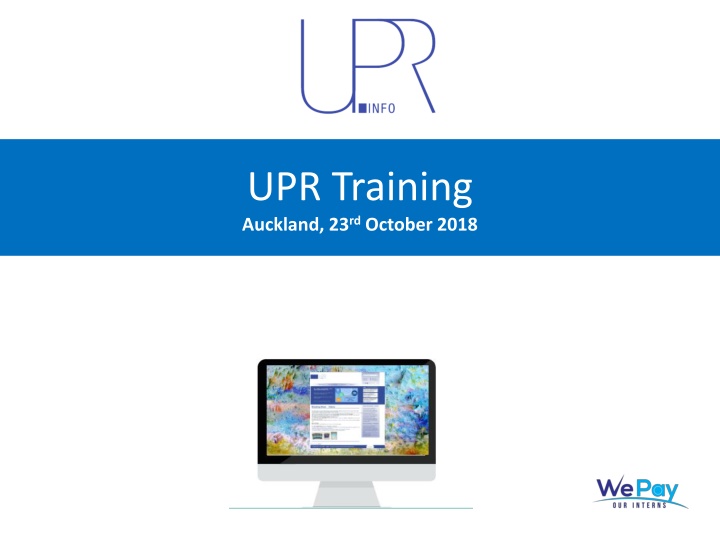
Effective Strategies for UPR Advocacy and Presentation Structuring
"Learn valuable lessons, advocacy strategies, and presentation structuring techniques from the UPR Training in Auckland. Gain insights on thematic group work, developing SMART recommendations, and creating impactful advocacy factsheets. Enhance your skills and knowledge for successful engagement with the UPR process."
Download Presentation

Please find below an Image/Link to download the presentation.
The content on the website is provided AS IS for your information and personal use only. It may not be sold, licensed, or shared on other websites without obtaining consent from the author. If you encounter any issues during the download, it is possible that the publisher has removed the file from their server.
You are allowed to download the files provided on this website for personal or commercial use, subject to the condition that they are used lawfully. All files are the property of their respective owners.
The content on the website is provided AS IS for your information and personal use only. It may not be sold, licensed, or shared on other websites without obtaining consent from the author.
E N D
Presentation Transcript
UPR Training Auckland, 23rdOctober 2018
Overview of the training Session 1: Lessons learned from previous UPR cycles Session 2: Introduction to the UPR and the Pre-sessions Coffee break Session 3: UPR Advocacy Lunch Session 4: SMART recommendations Afternoon tea Session 5: Thematic group work
Session 1: Lessons learned from previous UPR cycles
Session 5: Thematic group work
Aim Participants break into thematic clusters to: Develop their advocacy strategies Develop panellists presentations (PowerPoint) Presentations (PowerPoint) and CSO-suggested recommendations are finalised. Each group present their advocacy strategy. Each panellist makes their presentations to the plenary for feedback.
Structuring the presentation Step 1): Brief introduction of the your organisation: whether part of coalition/engagement with UPR so far/how was the organisation s UPR report drafted, etc. Step 2): Succinct explanation of whether the Government organised national consultations in preparation of the national report Step 3): Brief presentation of the plan of your statement. Indicate the type and number of issues you will discuss (refer to the relevant factsheet) Step 4): For the presentation of each individual issue, structure as follows: Give an update on the recommendations from previous reviews dealing with this issue (highlight what countries made these recs) Describe how the situation on that issue has evolved since the last review; highlight achievements as well as remaining challenges Suggest two or three SMART recommendations, as well as advance questions
UPR Advocacy Factsheets Structure: good practices from developing factsheets Name and logo of the coalition on each factsheet Theme: what theme does the factsheet address? Summary of key issues from previous reviews: recommendations and implementation status National framework: relevant national legislation, statistics, policies and initiative Challenges/Impact: note key rights challenges and their impact, justifying the needs for CSO suggested recommendations Recommendations: extract the SMART recommendations for the corresponding theme from the submission Sources: reference all claims made in the factsheet. 1. 2. 3. 4. 5. 6. 7.
UPR Advocacy Factsheets Drafting: good practices from developing factsheets Layout: make the factsheet appealing. In-house expertise or outsourcing Folder: collect all factsheet in a folder to facilitate strategic advocacy Colour coding: give each factsheet a specific colour Thematic groups: summarises its contribution to a factsheet, Group rapporteurs bear the responsibility to finalise the folder Advocacy: good practices from developing factsheets Strategic advocacy: research which Recommending states are interested in what themes Electronic copies: share in advance with targeted diplomats (Wellington, Geneva, capital) Share with the Government and UN agencies at home Invaluable instruments to complement oral interventions at Pre-sessions

